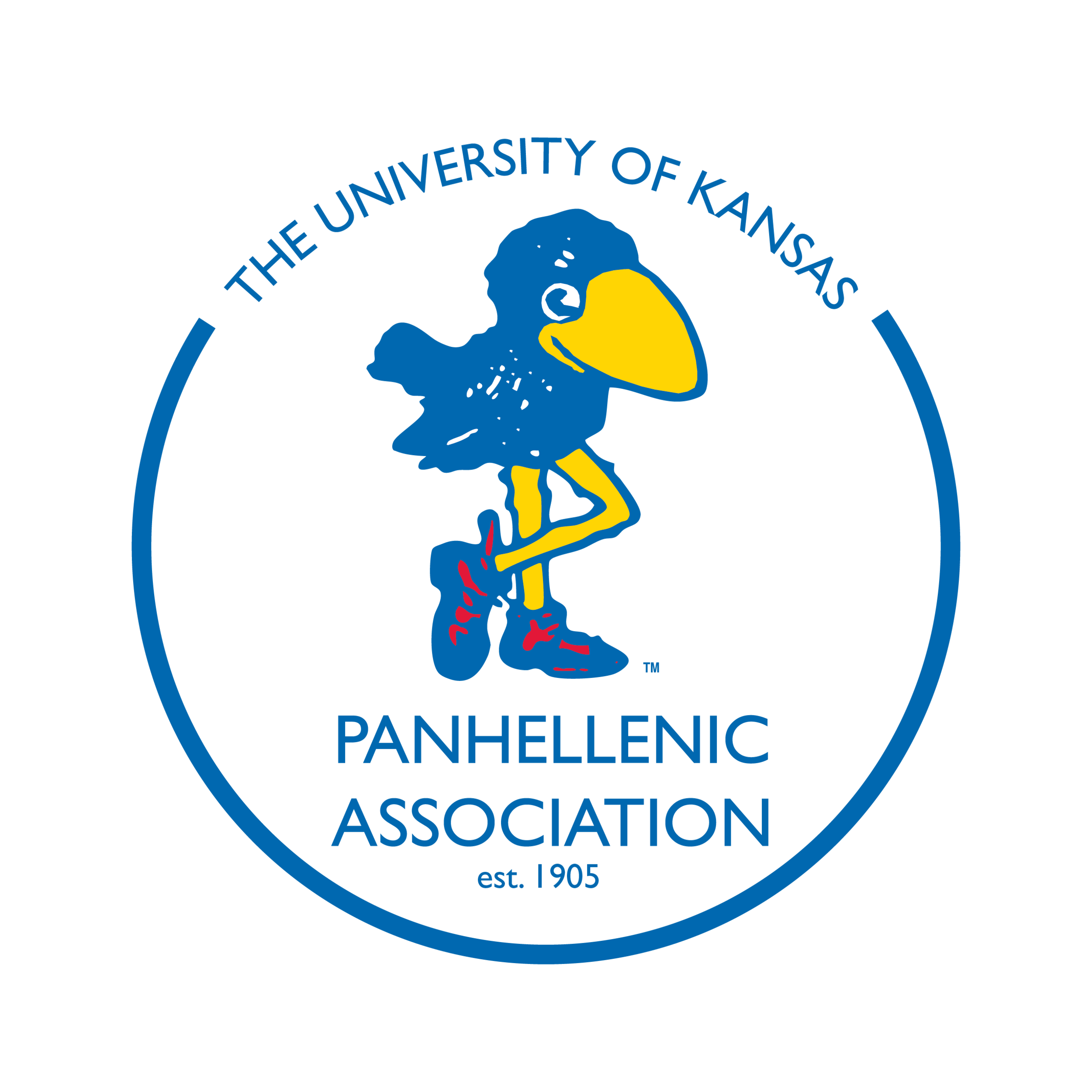Holocaust Remembrance Day 2022
Hello everyone. My name is Cydney Berman, and I am a member of Panhellenic here at KU. It was recently Holocaust Remembrance Day, and I want to share a story with you about when I first came to KU, and what I think should change because of this story. As a preface, if you are Jewish or know someone that is Jewish, this day can be very difficult for them. It is a time to check in and talk to them about their feelings, and if they feel comfortable talking about the topic, please try and listen. Without further ado, here is my story.
I am honored to be here writing to you all about a topic I feel so passionately about, which is getting to teach students about all religions, cultures, and tragedies such as the Holocaust and other genocides. If students do not learn about these uncomfortable topics, they will not be able to connect with different people, and have the background to stand up for people that are targeted.
The summer I came to KU, I was so excited to start my college experience and what would soon be the best four years of my entire life. I was heading to school early to go through Fall Formal Recruitment to join a sorority where I had hoped I would find my life-long friends. There was one thing that worried me in the back of my mind.
I am from a north suburb of the city of Chicago called Deerfield. Wikipedia’s description of this town is, “Deerfield is often listed among some of the wealthiest and highest earning places in Illinois and the Midwest.The racial makeup of the village was 87.82% White…” Clearly, there was not a lot of racial diversity, and there was also a large population of Jews in my town. In fact, there were so many Jews that about 70 percent of my public high school was Jewish. We got off for the Jewish holidays, learned about Judaism in school (as well as other religions) and even if the person wasn’t Jewish they had been to at least 3 bar/bat mitzvahs in the past. Because of my background, coming to KU and the idea of making friends with people who had never even met a Jew before made me scared to go into recruitment and be thought of as different, or even worse, lesser than for being Jewish.
Flashing back to the first day of recruitment, I was really nervous. I didn’t feel comfortable wearing my jewelry with Hebrew letters or stars of David on it, talking about my recent travels to Israel, or even what I did over “Christmas” break. Unfortunately, my fear became a reality. There was a traditionally “Jewish” sorority that was created during a time when Jewish women were not allowed to be a part of sororities. Now, it is not a chapter just for Jewish women but is known as being a chapter where many Jewish women join because of its origin. During recruitment, if people did not want to be in that chapter they said some nasty things to the women recruiting them. I overheard potential new members tell the chapter members, “my grandparents were nazis”, “where are your horns?”, and even “if you don’t believe in Jesus what do you even believe in?”, just so they were not asked back to that chapter. One of the most shocking parts was half of those who were receiving these comments were people who were not even Jewish, just members of that chapter. I was horrified to know that in almost 2020 there were these things being said about jews, and while I wasn’t the receiving end, it gave me the impression that Kansas was a state that I wasn’t welcome in.
Fortunately, I joined a wonderful sorority and made so many new friends. I found people who were Jewish and also those who were not, it didn’t matter they all liked me for me. When the beginning of the biggest Jewish holidays began, most of my non-Jewish friends had NO idea what they were or why they were important to me. Even my Spanish teacher tried to take points away from me for missing class to attend services, and I had to explain to him why that was unfair. I realized that these people were not purposefully being anti-Semitic, they were just uneducated about Judaism.
This is why in school, it is imperative to teach about the Holocaust and about all religions, not just Judaism. If these people would have known how inappropriate their comments were or knew about the Jewish holidays, these situations would be totally different. If people are not taught about a wide variety of people, religions, and experiences different than their own, then it creates an environment for hatred, bigotry, and prejudice to spread. Not only is it important to teach about Judaism and the Holocaust, but also any minority including but not limited to LGBTQ+, other religions, other races and ethnicities, or anything else. Let us all try to educate as many people about the topics of diversity, equity, and inclusion so that we can better ourselves to improve life for everyone.
Resources
Instagram accounts: @standwithus, @thejerusalem_post, @kuchabad, @kuhillel, @jewishperspective

